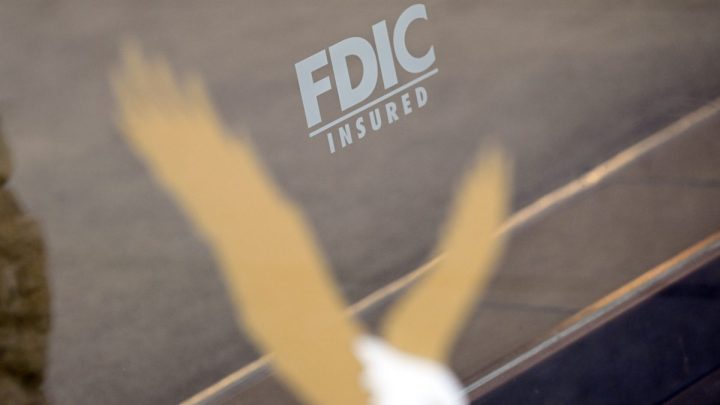
Who’s on the hook for money the FDIC paid uninsured depositors?
Who’s on the hook for money the FDIC paid uninsured depositors?

When the Federal Deposit Insurance Corp. stepped in to make all those depositors whole after the recent bank failures, people began wondering who would pay to replenish the insurance funds that channeled cash to uninsured savers — customers whose accounts were larger than the $250,000 the FDIC would normally cover.
That hit to the insurance fund amounted to about $15.8 billion, according to the agency. On Thursday, the FDIC revealed how it plans to get that money back. The proposed rule calls for a “special assessment” on the country’s largest banks.
But a proposal is just that, and now the banks get to weigh in. The FDIC said the fee would only affect 113 banks, but it didn’t say which ones.
Betsy Johnson is chair of the Illinois Bankers Association and president of Solutions Bank in Forreston. On Friday, she and her colleagues were sorting out the details.
“I’d be honest that we’re still diving through this, digesting what it actually, really means and the impact that it has,” she said. “There’s always implications to everything and sometimes unintended consequences.”
The special assessment of 0.125% would only apply to banks with assets over $5 billion, with the vast majority of the fees paid by banks with assets over $50 billion.
Those thresholds are the result of a lot of lobbying by smaller banks, said Carlos Naudon, president and CEO of Ponce Bank in New York.
“We were able to see to it that FDIC took a more reasonable approach to the special assessment,” he said.
He’s pretty sure his bank wouldn’t be required to pay the fee but knows that could change depending on what happens in the 60-day comment period.
So he’s heading to Washington next week to do some lobbying of his own, even as he continues to assure his customers that his bank is still a safe place for their money — assurances many bankers we’ve spoken to say are working.
“The depositors — they have calmed down, I think,” said Amiyatosh Purnanandam, who teaches finance at the University of Michigan.
But bank investors are another story, he said. While people with uninsured deposits can look to the FDIC for comfort, “stockholders are going to continue to freak out because there is no bailout happening for the stockholders.”
After all, the FDIC isn’t coming to save them.
There’s a lot happening in the world. Through it all, Marketplace is here for you.
You rely on Marketplace to break down the world’s events and tell you how it affects you in a fact-based, approachable way. We rely on your financial support to keep making that possible.
Your donation today powers the independent journalism that you rely on. For just $5/month, you can help sustain Marketplace so we can keep reporting on the things that matter to you.


















